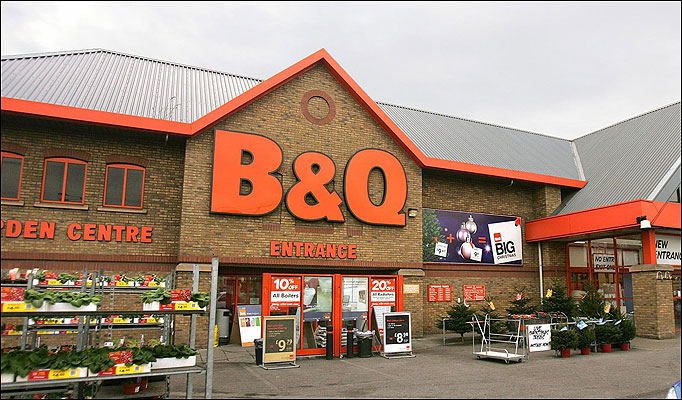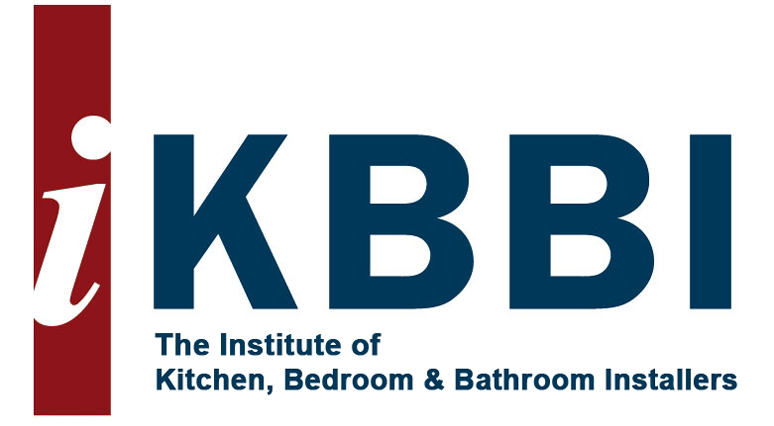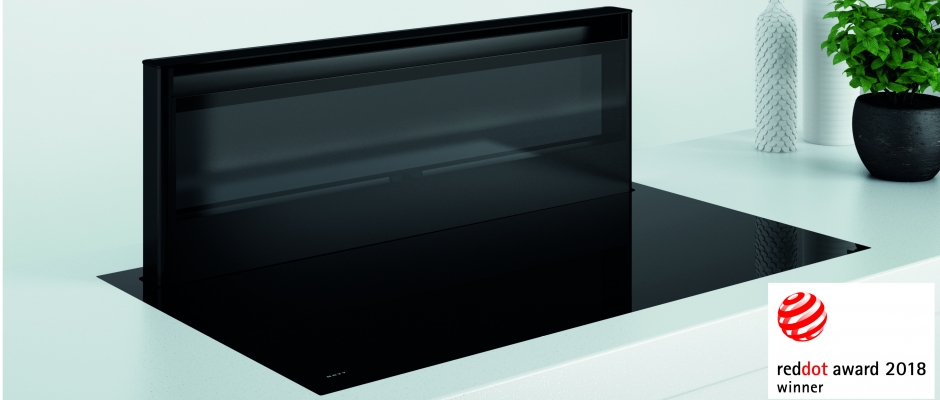B&Q has accused rival multiples of deliberately misleading customers with ‘high-low’ pricing or ‘price establishing strategies’ after commissioning research from Insight Retail Group, the company behind the controversial comparison site kitchen-compare.com.
The research reveals how companies like Homebase and Wickes almost double their prices on certain kitchen models in the lead-up to the festive period, only to slash them by half in post-Christmas ‘sales’.
However, despite B&Q’s claim that it is ‘lifting the lid on yo-yo pricing’, the strategies are revealed on bathroom-compare.com – another site run by IRG – which describes the tactics used by Bathstore, B&Q, Wickes and Homebase in its ‘Compare Retailers’ section.
A Homebase spokesman hit back at B&Q’s accusations, saying that the company has ‘genuine offers which fully adhere to the law and guidance governing pricing and promotions practice’ and complained that it is the comparison websites that mislead consumers as it is like ‘comparing apples with pears’.
In a press statement, the spokesman defended the company’s position saying that the company runs promotions just as its competitors do and ‘as a result, at different periods, the price you pay will fluctuate from the base price, dependent on the promotion’.
‘We are aware that a number of comparison and price websites don’t take all promotional activity into consideration when showing comparisons of prices,’ the spokesman said. ‘It can look like prices have been raised whereas in fact, the price that was advertised was based on the promotion at that time. It would be clearer for consumers if the comparison websites accurately portrayed the promotions.’
Bathstore CEO Gary Favell, former head of MFI and Magnet Kitchens, said most of the major chains, including B&Q, had used this strategy in the past and admitted that at his time at Magnet, price establishing was common practice. He said the main reason the tactic is not used by some is down to growing consumer awareness.
“It’s something we’ve all done,” he said, “and I was one of the first to use the strategy at Magnet. But often, we’d add extra value to high-low pricing offers by adding a dishwasher or free installation so there was real value for the consumer.”
“Consumers are savvier and notice when prices go up and down. There’s more awareness in the market. Plus we’re not in a boom time anymore and people haven’t got as much many to spend. It’s a more considered purchase.”
Retail expert Glynn Davis told kbbreview that B&Q is making a valid point which will chime with customers. “We are in a climate where tax dodging companies are being taken to task and benefits 'scroungers' are being targeted,” he said. “Therefore there is little tolerance of sharp practices with pricing as people instead want transparency and honesty.
“Having a more constant pricing policy will also help B&Q with its multi-channel objectives because such retailers are increasingly looking for consistent pricing across their various channels and yo-yo pricing does not make it easy to implement such a strategy.”
For the full story, see the February issue of kbbreview.
Kitchens Kitchens own Jeff Russell has previously commented that smaller, more bespoke kitchen design based businesses shouldn’t worry about the kitchen-compare.com website as put simply a B&Q flatpack kitchen customer is only concerned with cheapness, not quality, nor bespoke design and are happy to have a kitchen designed by a non design based order taking, sales assistant.
So it comes as no surprise that in wake of B&Q parent group Kingfisher, the European home improvements retailer Kingfisher, which operates the B&Q brand here in the UK has reported a 6% drop in profit to £257m and a 3.9pc decline in group revenues for the third quarter of 2012 and the outlook for 2013 being just as grim, that it would seek to attack its like for like rivals.
Again, SME and niche kitchen design businesses shouldn’t be concerned about todays news. Lets the big boys fight it out amongst themselves for the least cost consumer, and let the smaller firms sell on what they do best, consultative based kitchen design.







